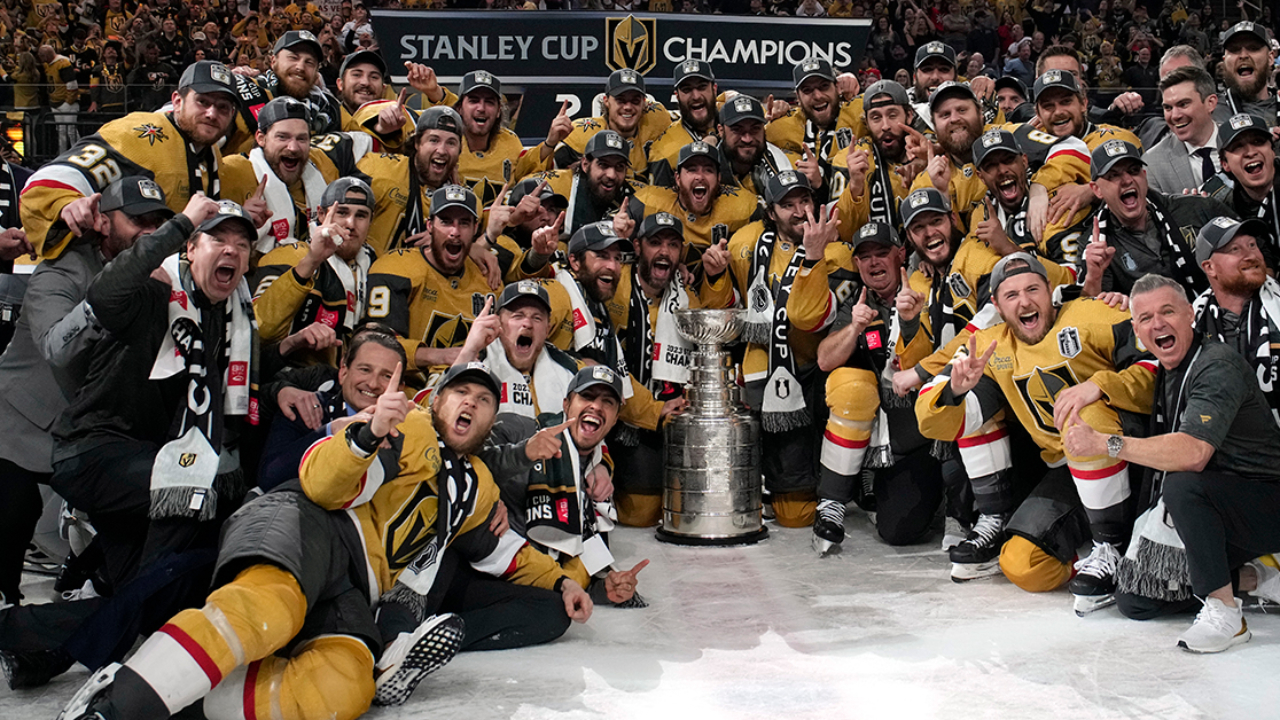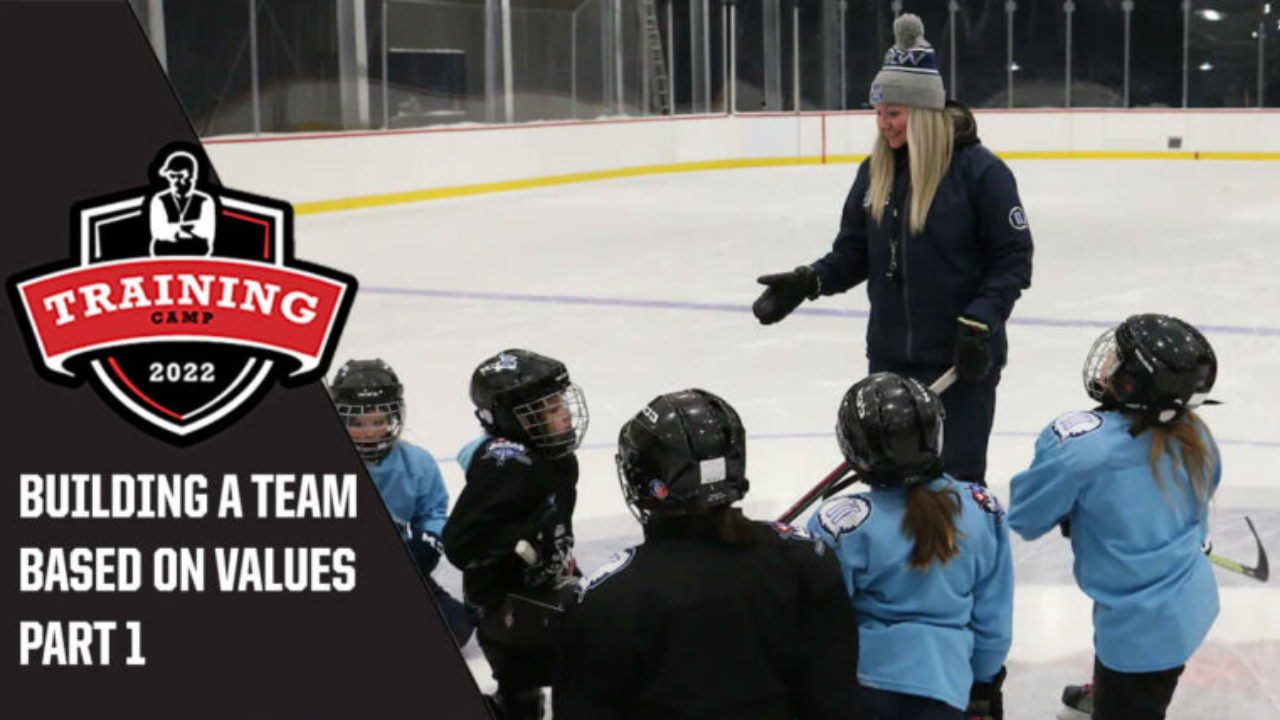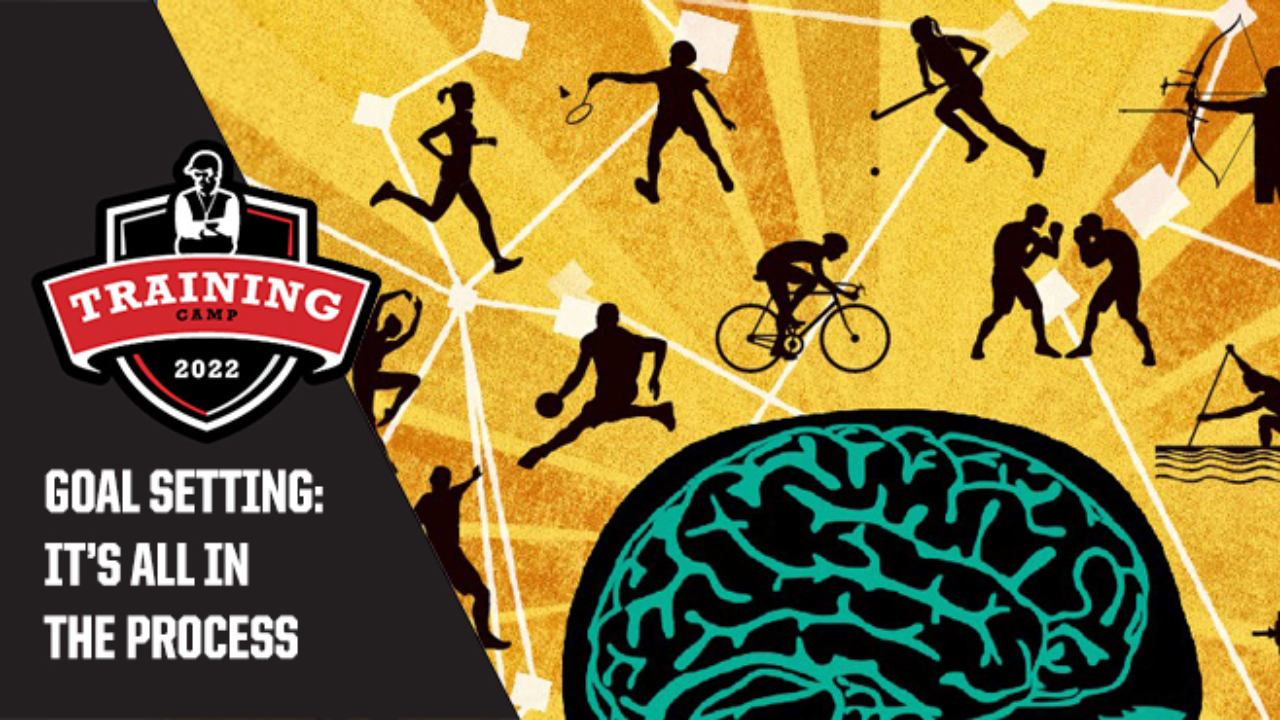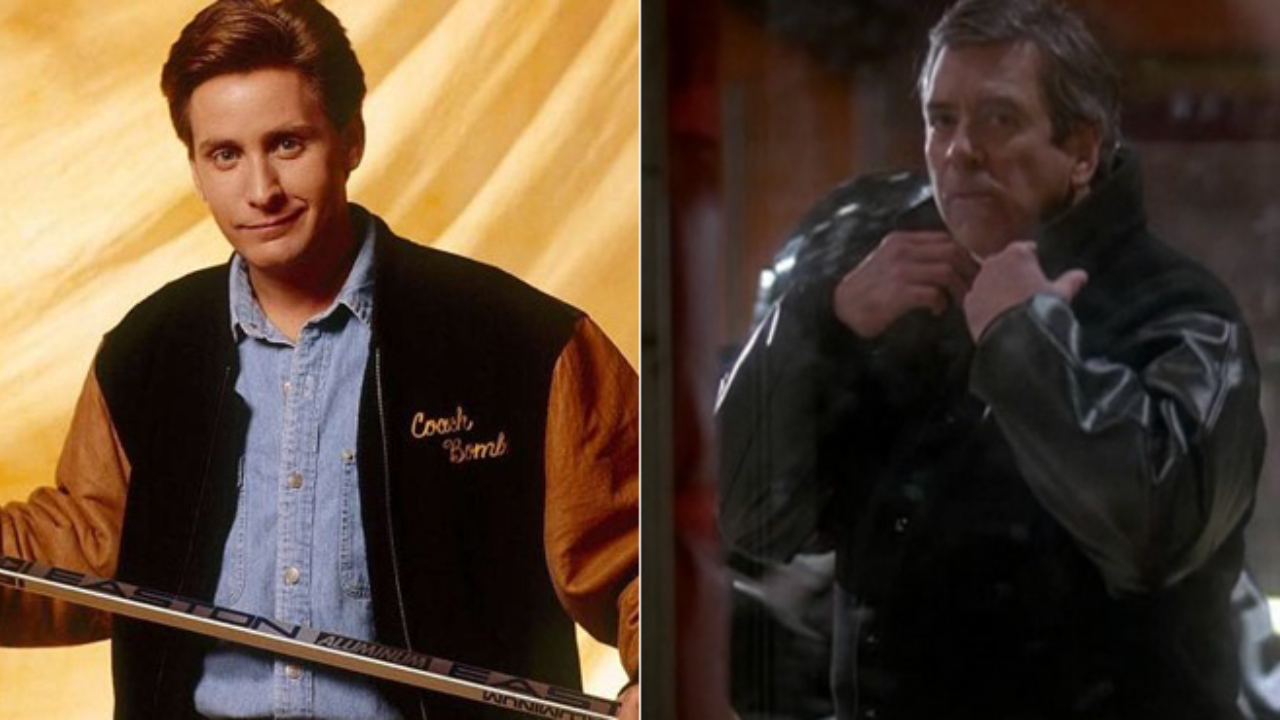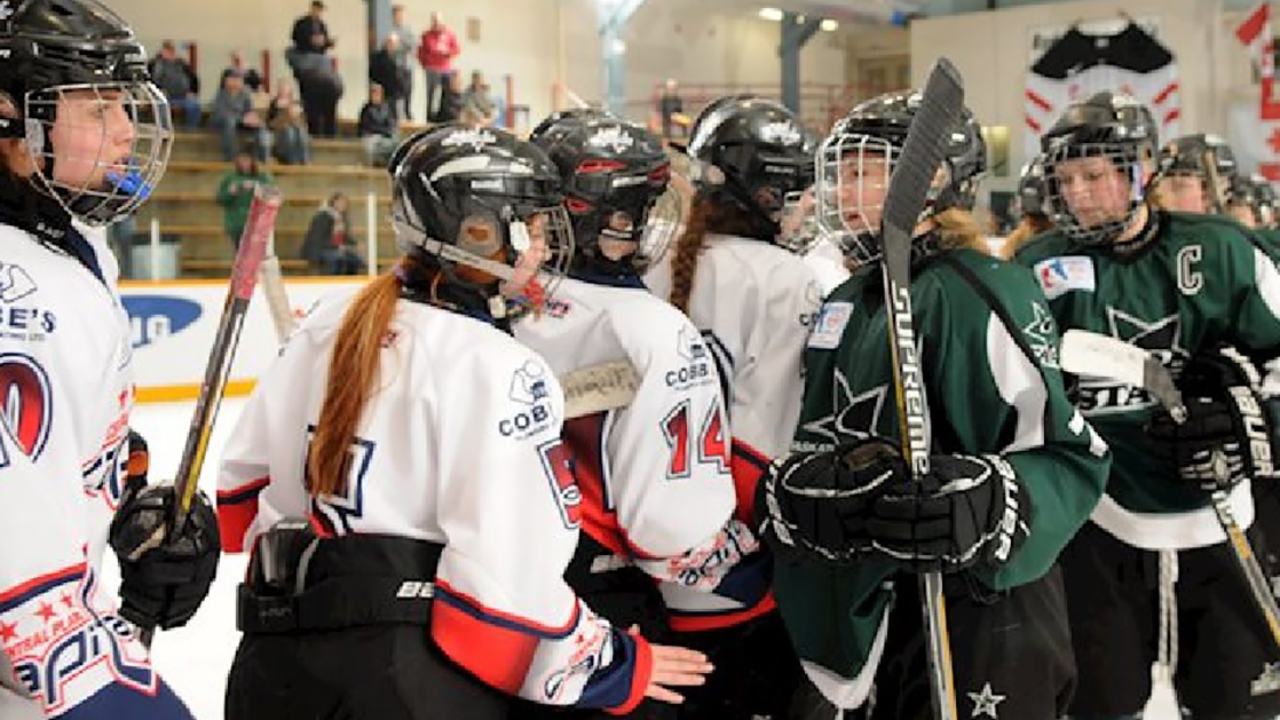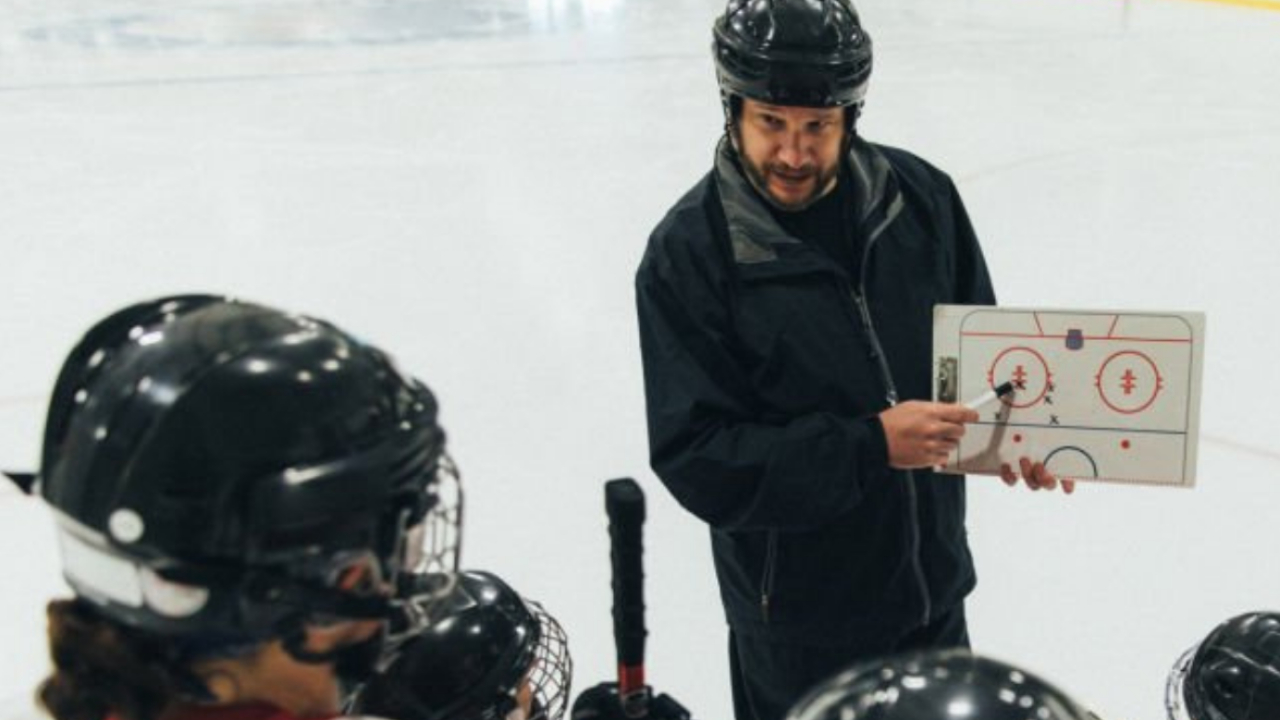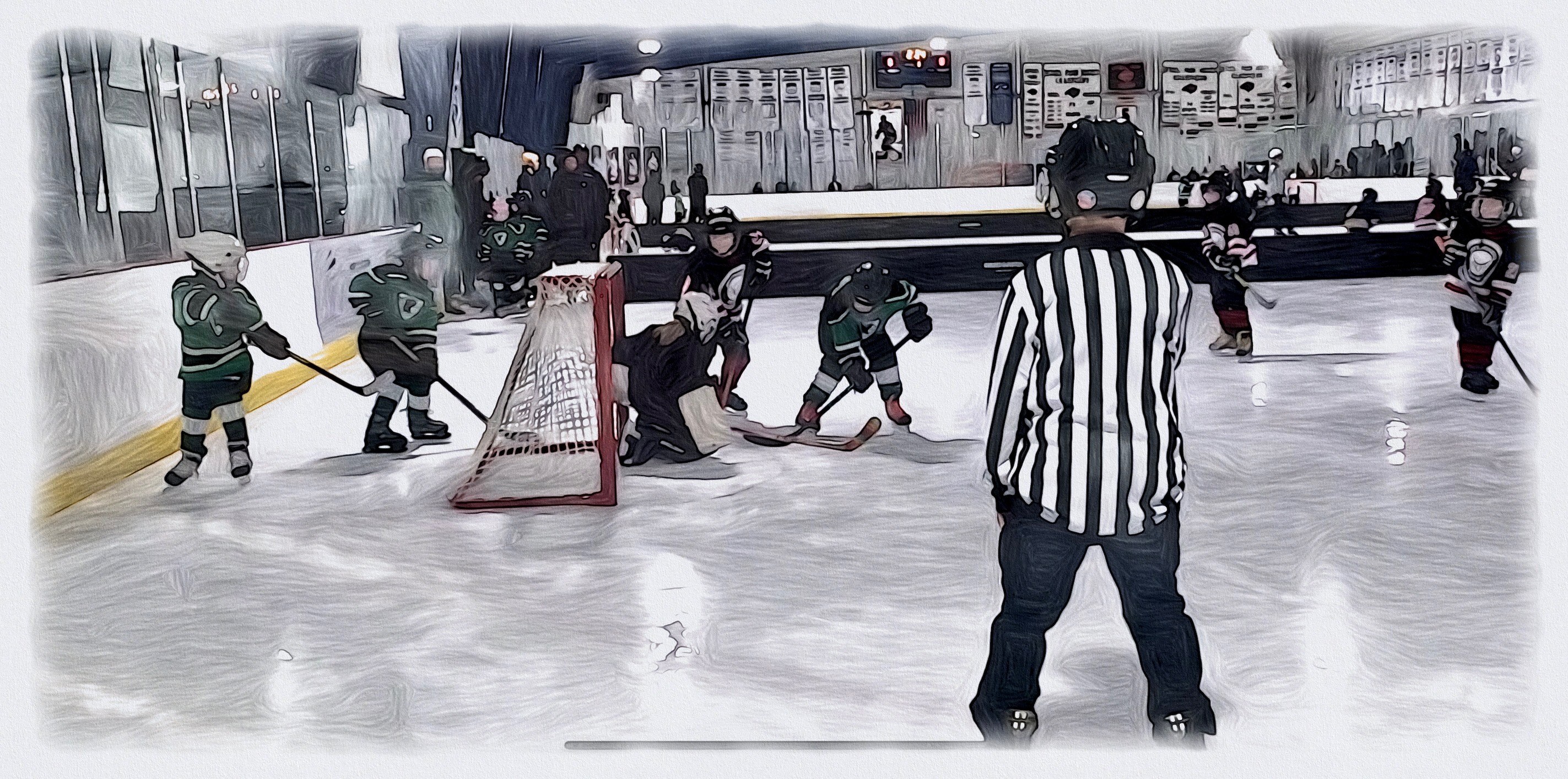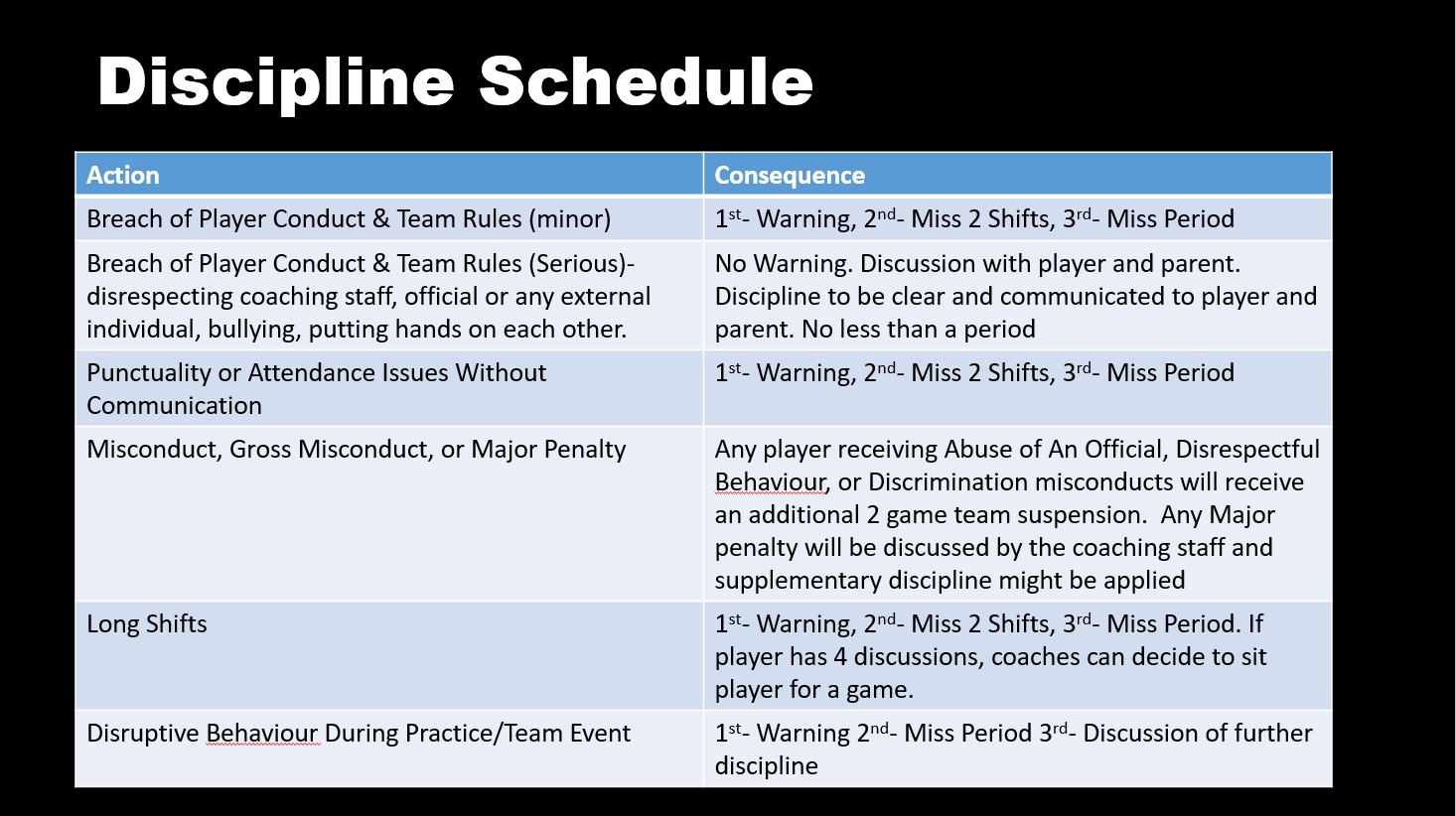
Coaches and team leaders who recognize the importance of a positive resilient growth-minded and supportive team culture will have success.
Actively build this type of culture systematically, progressively and using a well-structured and planned method.
You will see greater levels of enjoyment; and buy-in. A process or task orientation to getting better.
To develop this type of success and a team-first and task-focused culture try the following procedures with your team:
Positive Habits Record Keeping and Postings and/or Effort and Dedication Goals Incentives/Awards
To do this meet with your leadership group and discuss the difference between outcome and effort goals for the team. Work collaboratively, with them to identify items that every teammate can control and potentially achieve. For example, identifying things like effort, attention and focus level (engagement) are good place to start.
Next, discuss how this type of engagement will benefit the team finding examples of how these "intangibles" can be recognized and supported by the team.
For example, players who are present (not just showing up) and are connected mentally, physically and emotionally are the type of teammates we all want. Reward this!
As a team set effort and/or add-value-type goals for all games and practices. And define an acceptable process to record, track and present these team goals. As a coach commit to your group that these subjective process-oriented goals are valued by assigning an Assistant Coach to capture, record and post these. Also, identify that these behaviours are valued as much as the traditional outcome-type performance measures. Discuss the various ways and means that the team will reward the behaviours, perhaps quarterly.
Once underway remind everyone that effort, dedication, discipline and consistency (and any other value that you select) may seem like small things, but despite this small things, stacked together, have big consequences.
Shake the Mistake Ritual
Fear of failing and of making mistakes negatively impact the performance ability of players. Fear can be such a powerful demotivator that it can even limit performance before it begins.
Players who fear mistakes "get into their heads" so often that they don't want to try new skills, tactics or strategies. In games, a negative focus prevents the selection and quick recall of appropriate tactics leading to error. This is especially true, with complex skills and tactics with many constraints.
It is the way coaches deal with players’ mistakes in and around games and practices that is most important. The way a coach deals with mistakes is what players hear, see and remember. Because of this identifying, adopting and using a team ritual for players to use to get past mistakes is vital.
Mistake rituals build a team growth mindset and team resilience. When used well mistakes are put aside and focus is immediately redirected to the next play. This is a powerful strategy for any good team culture.
Use a gesture, a movement or a rehearsed affirming phrase.
Collaborate with players on what the ritual is and when it is appropriate to use it. Some players may like a “brush it off,” ritual signified by pretending to dust off their shoulder when they are back on the bench. A shake-the-mistake type action acts to remind players that mistakes are inevitable in the game, and the most important thing is how players react right after mistakes are made.
Post-Game Intangible Awards
All behaviour that repeats is rewarded in some way. Get a hold of player (positive and negative) behaviours by rewarding desired actions, and attitude. This is powerfully achieved by using symbols or insignia. Symbols and insignia act to represent and value preferred behaviour.
For example, hard work, unsung and under-seen actions, sportsmanship, heart, and respect can and should be recognized so they are regular and expected outcomes.
By attaching symbols or insignia like sweater bars, dressing room stall banners, or other emblem behaviours and actions can be positively reinforced as desirable. For example, a helmet sticker system of reward could be used for defending properly keeping composure and playing between the whistles... or "raising up" a teammate after a difficult shift.
Keep these awards symbolic and figurative. Game puck, hard hat, and green suit jacket awards are some other ideas that are fun and speak volumes about team culture. Make whatever you choose unique to your team. Keep it light and let the last winner of the award present to the next recipient.

